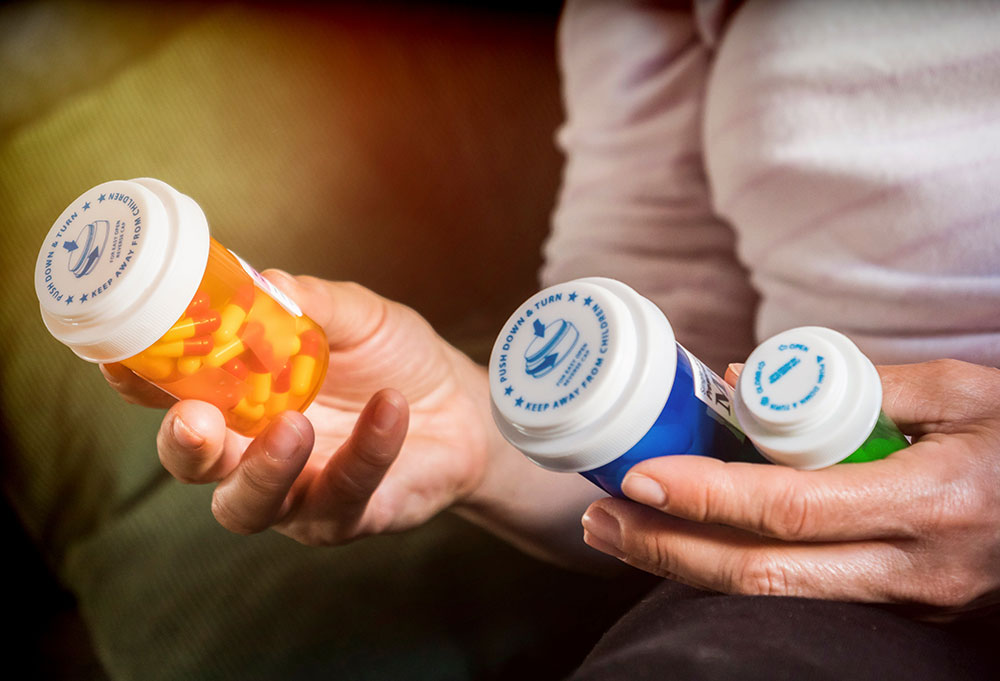Contrast Accessibility
Animation Control
Contact & Help
Contact UsJacksonville Center
Search
Quick Search

Featured
As adults age, the need for prescription drugs to treat various health conditions often increases, which is why prescription drug coverage is considered the most used benefit in Medicare.
